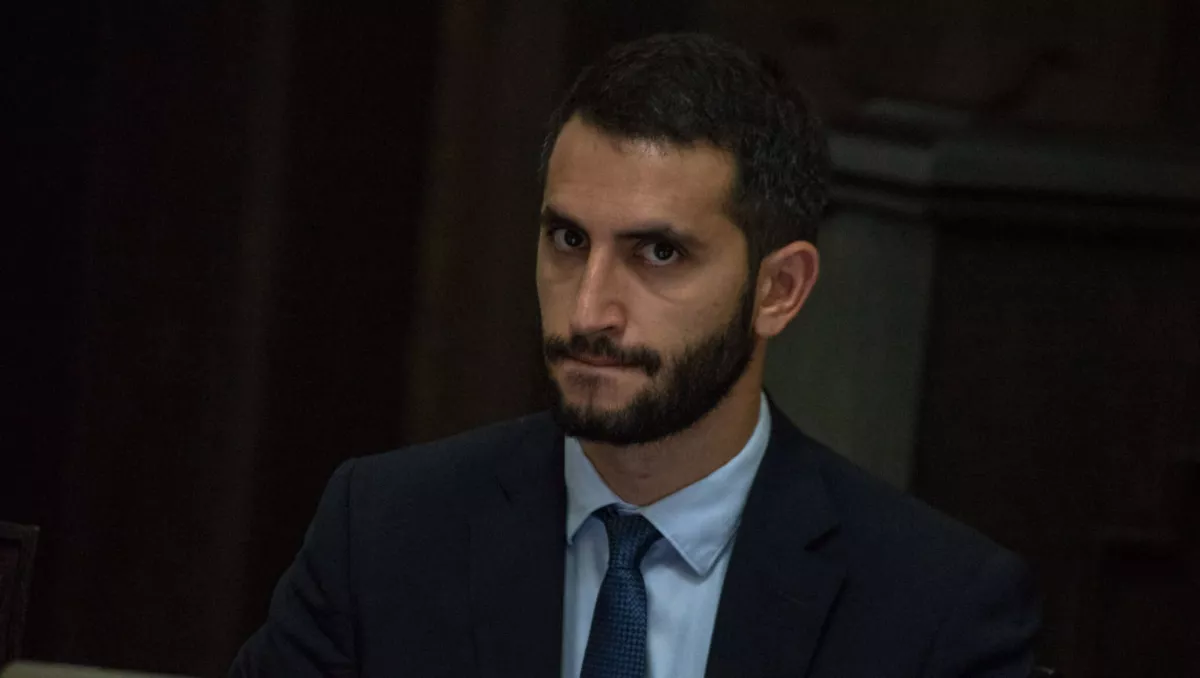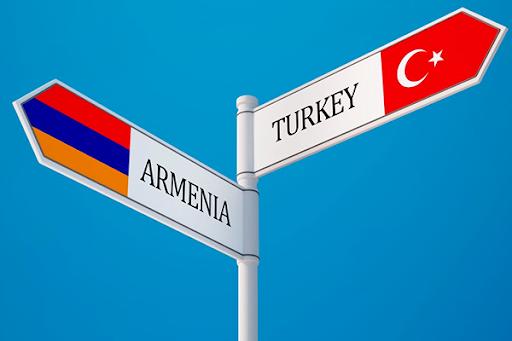Yerevan through the mirror of double standards And the reality of a closed border
The statement by Deputy Speaker of the Armenian National Assembly Ruben Rubinyan, claiming that Yerevan has “done everything it could” to open the Armenian-Turkish border, appears to be an unsuccessful attempt to impose a one-sided narrative on the international audience.
According to the Armenian authorities, the world is now expected to view Armenia’s actions as a “gesture of goodwill,” while Türkiye is allegedly “unreasonably delaying the process.” However, such framing cannot withstand scrutiny—neither from a historical nor political standpoint. To understand the real context of the Armenian-Turkish border issue, one must look back to the events of the 1990s, starting with April 1993, when Armenian armed forces occupied the Kalbajar district of Azerbaijan, which lay outside the former Nagorno-Karabakh Autonomous Oblast. This act of aggression was the last straw: Türkiye condemned Armenia’s actions and decided to close its land border.
Thus, the closure of the border was neither a spontaneous nor an abstract political act, but a direct response to the military occupation of internationally recognised Azerbaijani territory. And it is highly unlikely that Ruben Rubinyan suffers from the kind of selective amnesia so often observed among Armenian officials—forgetting not only this fact, but also Armenia’s decades-long disregard for four UN Security Council resolutions demanding the immediate and unconditional withdrawal of Armenian forces from the occupied Azerbaijani territories.

Moreover, the Armenian leadership’s favourite trick—playing the “I didn’t know” card—won’t work here either. Rubinyan is not some Yerevan cobbler who might be excused for ignorance; he is the Deputy Speaker of Armenia’s entire parliament. He is duty-bound to know the basic and obvious facts—chief among them being that Azerbaijan restored its territorial integrity by securing victory in the 44-day Patriotic War in the autumn of 2020. Following Armenia’s capitulation, Azerbaijan regained control of the Kalbajar district without firing a single shot, in accordance with the Trilateral Statement signed by none other than Nikol Pashinyan—the same man who, in 2019, stood in Khankendi and shouted, “Karabakh is Armenia, period.”
Therefore, portraying today’s Yerevan as some kind of “dove of peace” is, at best, blatant hypocrisy. The border with Türkiye could have been opened back in the 1990s—if Armenia had not pursued a course of military aggression and territorial claims. It could have been opened if the current Armenian leadership, upon taking power, had shown respect for international law and complied with the four UN Security Council resolutions. But, as the saying goes, history does not tolerate “what ifs.”
In June 2021, Azerbaijan and Türkiye signed the Shusha Declaration, which, among other provisions, affirmed the importance of coordination in foreign policy. This means that any major international initiative—especially those involving regional security and border-related matters—requires mutual consultation and alignment.
Accordingly, the opening of the Armenian-Turkish border directly affects Azerbaijan’s interests, and as Ankara’s strategic ally, Baku has every right to influence this process. This is a constant—an unchanging fact—and one that should not be too difficult to grasp, even for Ruben Rubinyan.

Azerbaijan has repeatedly emphasised that the normalisation of Armenian-Azerbaijani and Armenian-Turkish relations is impossible without the removal of specific obstacles. These include Armenia’s consent to the dissolution of the OSCE Minsk Group—which has long since become a political relic—and amendments to the Armenian Constitution, which still contains territorial claims against both Azerbaijan and Türkiye. This was once again reiterated by Hikmet Hajiyev, Assistant to the President of Azerbaijan and Head of the Foreign Policy Affairs Department of the Presidential Administration.
“We understand that a constitution is an integral part of any country’s political dynamism. However, if it contains claims to the territory of another country, that becomes a matter of serious concern. Because Armenia’s Declaration of Independence and the preamble to its constitution include calls for ‘miatsum’,” Hikmet Hajiyev stressed during the panel discussion “The Middle Corridor: A New Geopolitical and Economic Lifeline?”, held as part of the GLOBSEC Forum 2025 in Prague.
Thus, Ruben Rubinyan’s statement is nothing more than yet another political manipulation aimed at crafting the image of a “constructive Armenia.” But it is a futile exercise because today, with the Turkish-Azerbaijani alliance having become a defining force in the South Caucasus, the international community is beginning to view the renewed attempts of the “long-suffering” to cast themselves as victims in a very different light.








